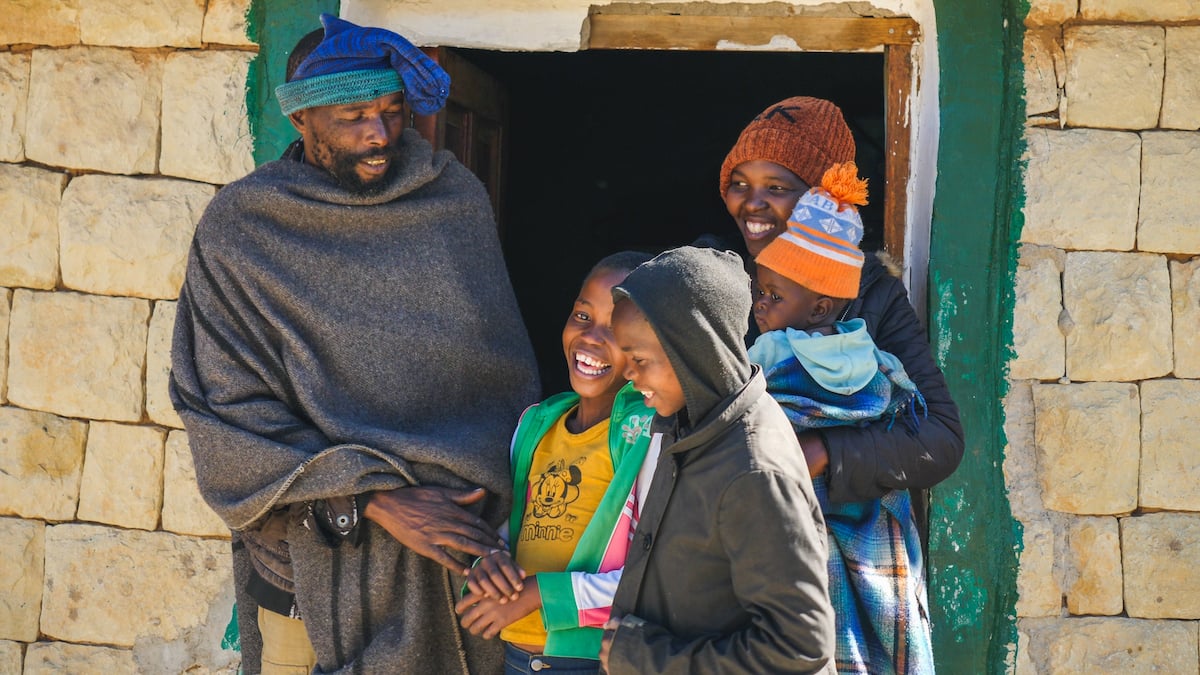
New Hope for Children in Lesotho: The Power of Family Reunification
I didn’t know the land-locked country of Lesotho existed, let alone about anything happening there.
Like many other travelers, the last few years were tough for me. Before the pandemic, I had been to almost 40 nations: filming, advocating and celebrating the work of organizations and individuals who strengthen and reunite families. Then suddenly—Covid, all traveling stopped.
If I couldn’t travel, advocate, and capture the stories that need to be shared—where did I fit?
I’d be lying if I didn’t say there were confusing moments, life-reevaluating low points. Would I ever get back to traveling again?
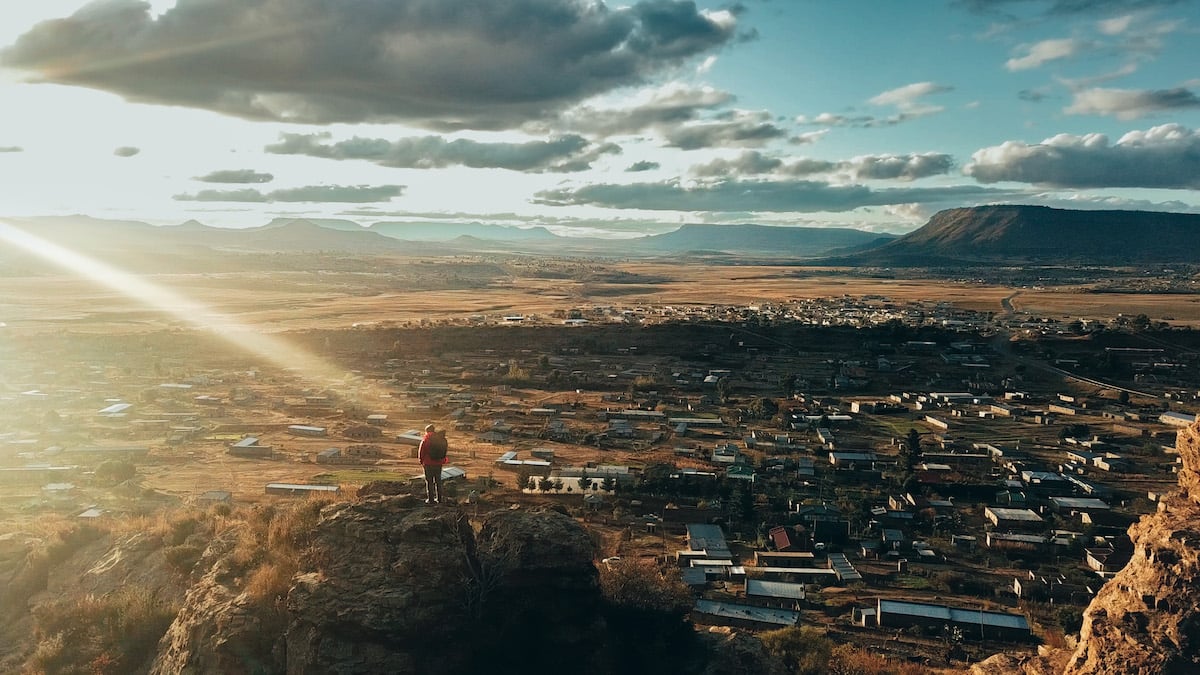
But in 2022, the opportunity came to go to Lesotho (pronounced: leh-soo-too), a small country enclosed by South Africa.
I could finally get back to what I love, traveling with a purpose to a country I’d never heard of before. To say I was happy—that was the understatement of the year.
Arriving in Lesotho, I was immediately struck by the beauty of this unknown place. Called “The Kingdom in the Sky”, I soon saw the reason. Canyons and valleys, comparable or maybe even grander than the Grand Canyon, winding icy mountains with herdsmen riding donkeys wrapped in the traditional blanket.
How had I never heard of Lesotho?
But more importantly—how had I not heard of the amazing work taking place there?
In Lesotho, children make up 50% of the population. Like many countries (including my own, England) the solution for caring for its most vulnerable or orphaned children had been orphanages, children homes, or child shelters. There are many names for child institutions, but still— nothing can replace family.
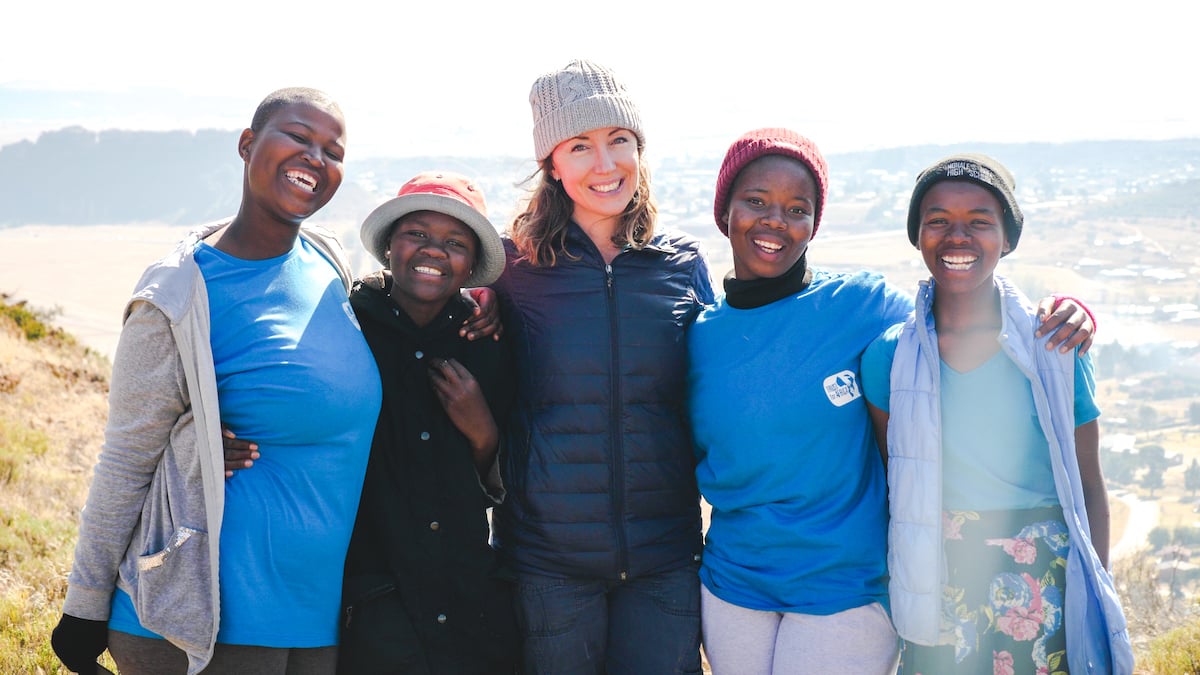
Trust for Africa (TFA), an organization based in the district of Mohale’s Hoek, had come to realize that the home they had been running was not the best solution for children needing long-term care.
Through conversations the social workers had with children and people in the community, Naomi Schalm, Executive Director of TFA, and her staff learned that the majority of the children in their care had families.
Just like more and more orphanages globally are discovering—not all the kids in their care were actually orphans.
As I spent time in Mohale’s Hoek, I was so impressed by Naomi and her team at TFA. They were dedicated to being child-focused, while recognizing that to really reach and help children—they need to serve their families and communities.
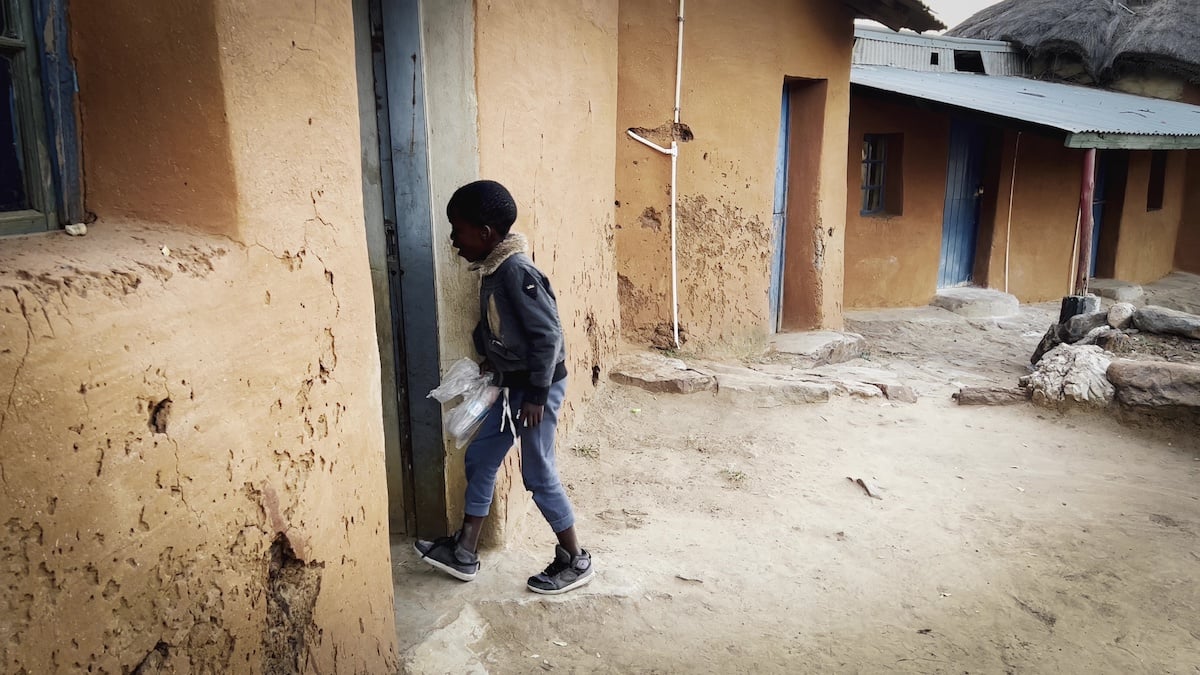
And what did these children need most? Family.
TFA was familiar with tracing and reunifying families. They had reunified kids in their care with families that were easy to locate. But after seeing the successful return of children to their families, and knowing this is where kids thrive—TFA knew it was time to find a way to get every child home.
So they decided to tackle the most difficult and "cold cases" of children who had been in their long-term care.
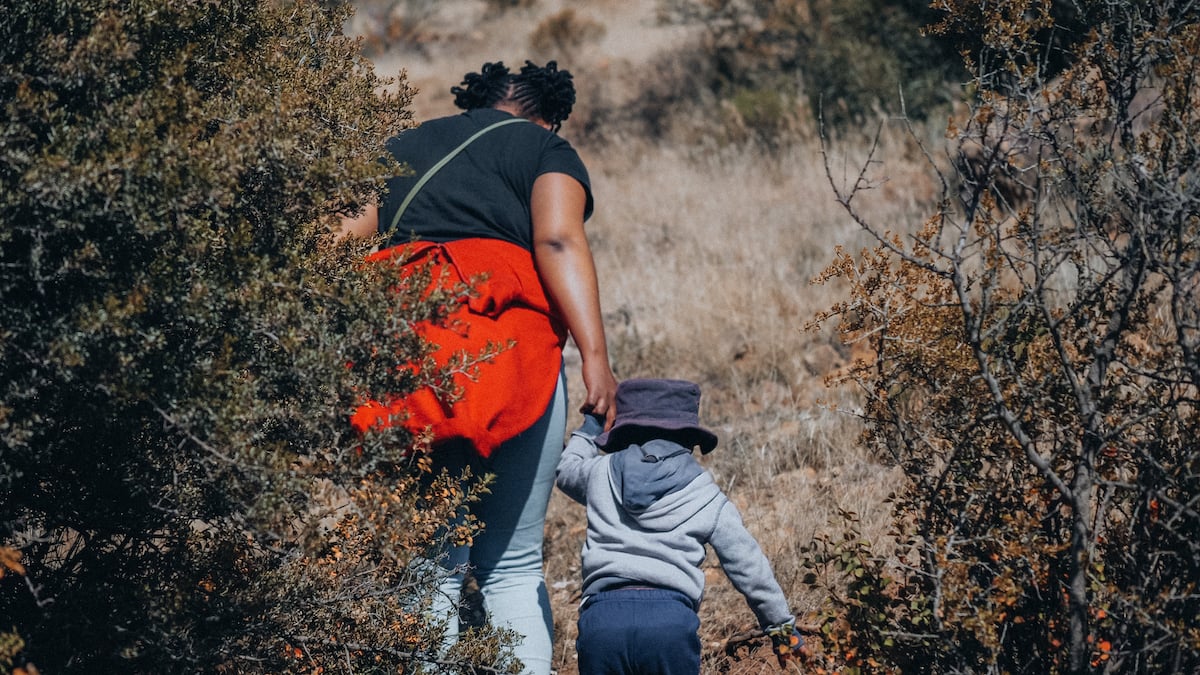
I saw first-hand how their social workers literally hiked over mountains to find families.
Once they found them, they prepared families and brought together communities to welcome children into their homes.
In the weeks and months after the reunification, TFA’s social workers continued their home visits to provide follow up support and monitor the child and family. Visits were done to ensure the continued safety and well-being of the child and carer.
What dedication, what love—what an example!
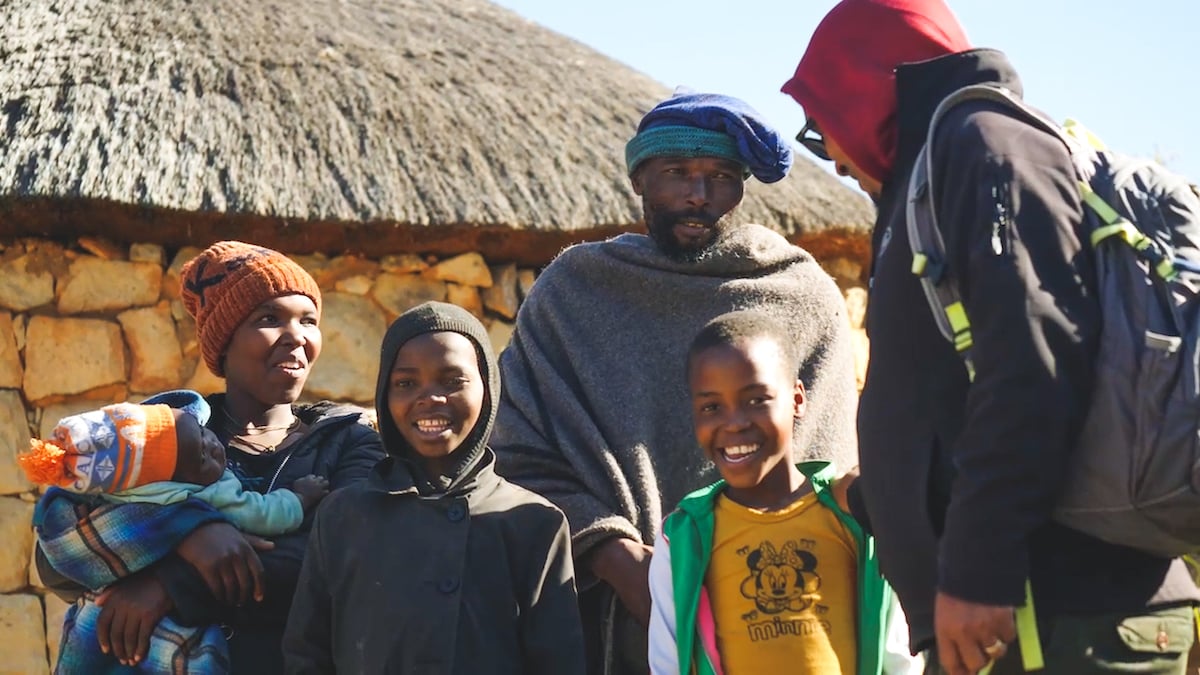
But it didn't stop there.
Trust For Africa's passion spilled over and encouraged other orphanages to make steps towards family-based care.
I found this to be truly inspirational—how a relatively small organization could set their eyes on this goal of family reunification, and become a force for changing the face of childcare in Lesotho.
I started to wonder, with 50% of the population being kids—what impact could this have on Lesotho—when children are thriving instead of surviving?
Their work has the potential to change the future of Lesotho. And to me, it shouts out loud of what could take place not just in other African countries, but other continents.
What if more institutions and organizations shifted to family-based care?
Thousands of children could come home, bringing with them waves of reconciliation, healing, and renewed hope.
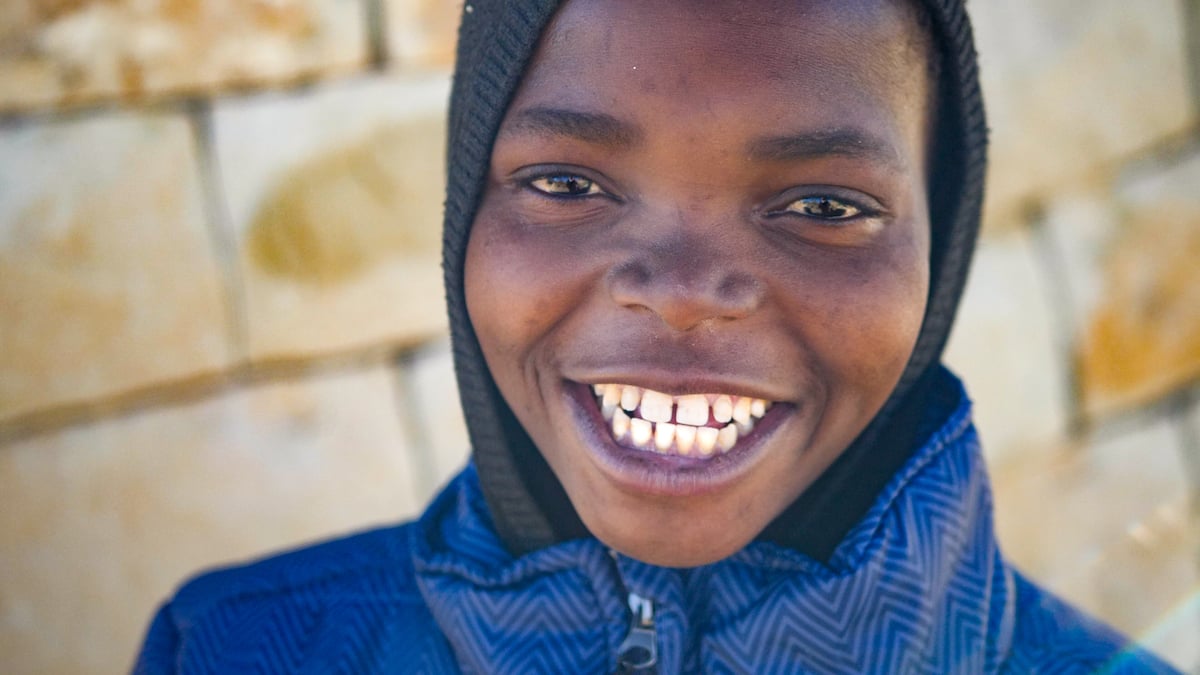
If that happens, we are not just talking about the change of Lesotho.
It will be an impact that goes beyond borders—and it all starts with having the child’s best interest at heart.
Learn more about how Trust for Africa strengthens families and equips communities to do the same.
.......................

ABOUT THE AUTHOR
Samuel Rich is a British filmmaker, photographer and advocate for children at risk. Having travelled to 30+ countries, he is passionate about telling stories that raise awareness to the dangers vulnerable children face, as well as the innovative solutions that help them thrive in families.
